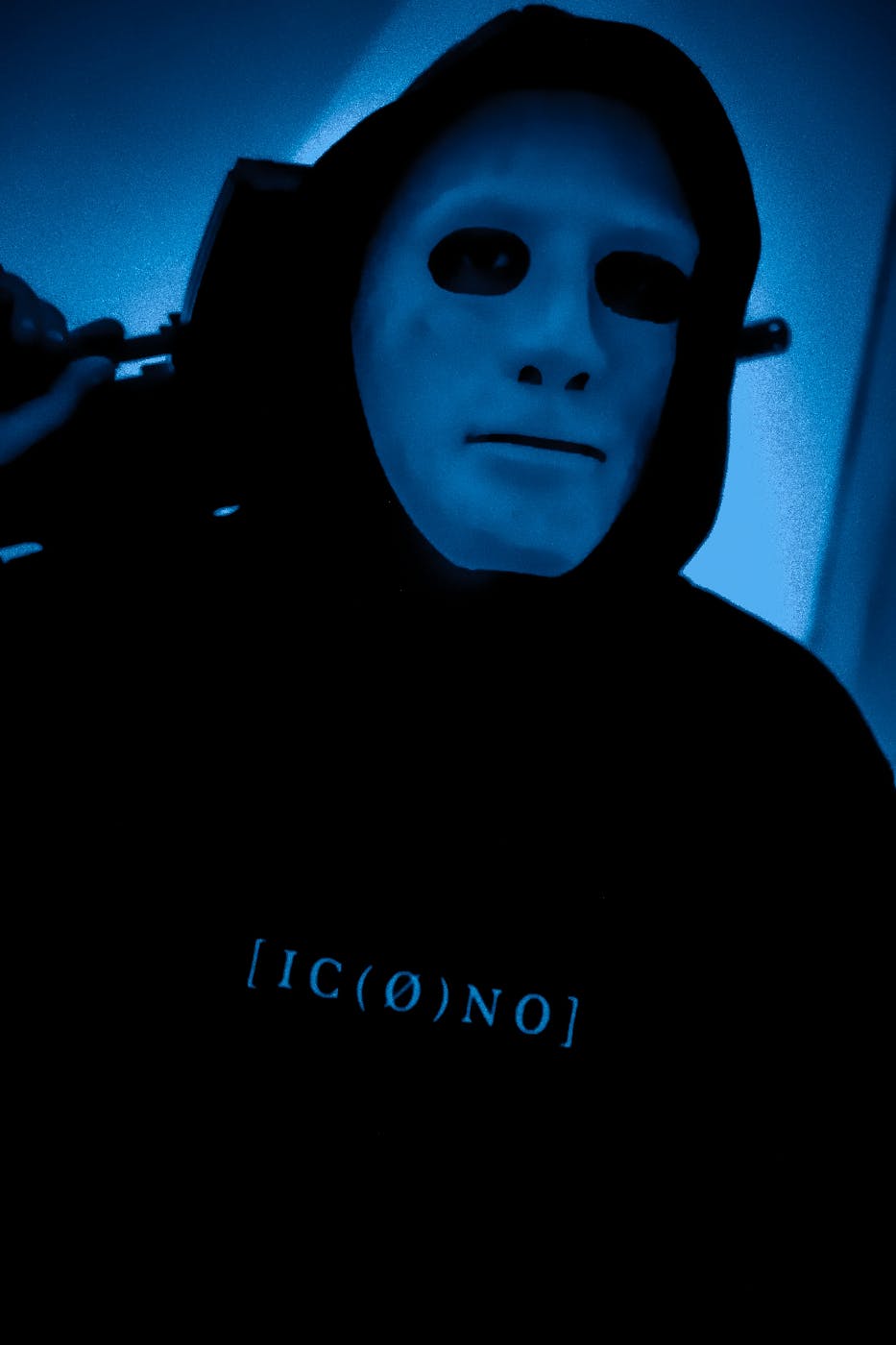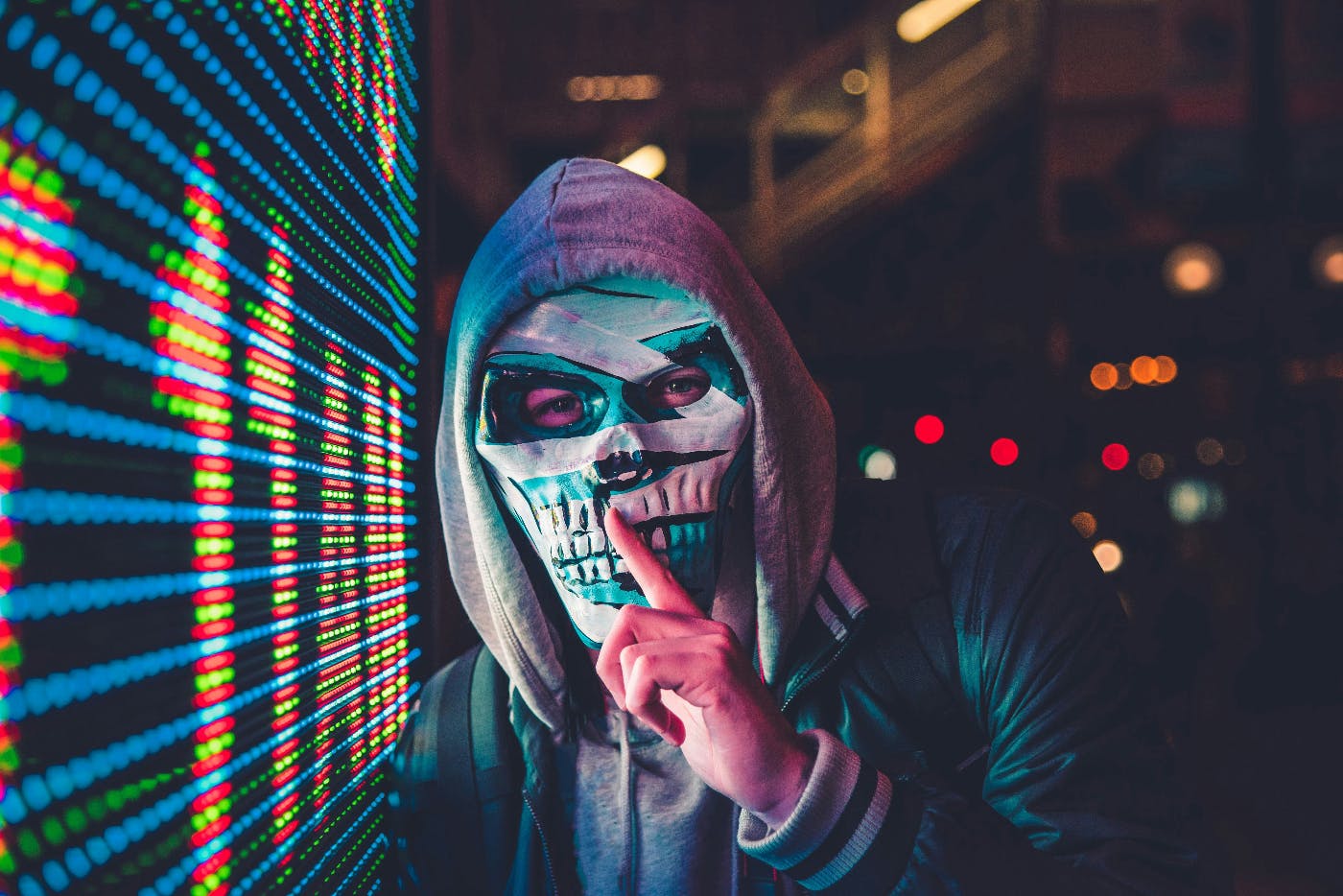
From the moment we learn to toddle through this big, messy world, we’re handed masks—as gifts, as lessons, as tools of survival.
There’s an old saying—you’ve probably heard it—“Be yourself; everyone else is already taken.” Oscar Wilde allegedly dropped that line, likely with a twinkle in his eye and a witty smirk, as was his way. But as much as we nod sagely at it, how often do we actually live by it? Or rather, how often do we even know who we are enough to be ourselves?
Here’s the dirty little truth: most of us are walking through life wearing masks. Not the cool, superhero kind that let you fly or shoot webs or have abs of steel. Nope. These masks are far trickier—invisible, lightweight, and (most inconveniently) self-imposed. These masks don’t save the world; they’re our armor against it.
You put on your “I’m Fine” mask when someone asks how you’re doing—even when your world feels like it’s smoldering like a half-burned dumpster fire. You wear the “Professional” mask at work, complete with a tight smile and excessive use of corporate jargon like circle back and leverage synergies when all you really want is to say, “Honestly, Dave, I have no clue what we’re doing here.”
And don’t get me started on social media—the epicenter of mask-wearing. Here we carefully curate our digital personas, one avocado toast and filtered selfie at a time, to ensure everyone knows we’re #thriving.
But the question is, at what cost?
The Masks Society Hands Us (And We Willingly Accept)
From the moment we learn to toddle through this big, messy world, we’re handed masks—as gifts, as lessons, as tools of survival. Little boys are handed the “Be Tough” mask; tears are reserved for scraped knees, not scraped feelings. Little girls get the “Be Sweet” mask, a lovely little veneer of compliance that doesn’t wrinkle with frustration.
By the time we’re teenagers, the masks are fully stockpiled. There’s the “I’m Cool” mask, reserved for hallways and parties, and the “I’m Independent” mask that lets us roll our eyes at the concept of family dinners. Fast forward to adulthood, and the inventory grows: The Good Employee. The Devoted Parent. The Instagram Worthy Traveler. The Success Story.
But we don’t stop to ask: Who am I under this?
The world, well-meaning as it sometimes is, rewards us for wearing these masks. Promotions come to the Professional. Friends cheer on the Instagram Traveler. Society applauds the Success Story. But underneath all that validation is the gnawing question: If I stopped playing this role, would I still be enough?

Why We Choose Inauthenticity (Spoiler: It’s Easier)
Let’s be honest—choosing inauthenticity is, on paper, the path of least resistance. Masks are easier. They streamline social interactions, smoothing over our rough edges so we can slide neatly into expectations. We avoid conflict, rejection, and the fearsome vulnerability of saying, “Here I am, world, in all my imperfect, messy, real glory.”
Masks come with benefits. For one, they protect us. When we wear a mask, we’re insulated. If someone rejects the mask, well, they’re not rejecting us, right? It’s just the role we played. It’s like getting a bad review for a play you acted in—you can shrug and say, “Eh, I’ll play a different role tomorrow.”
But that protection is a lie. Living inauthentically might spare us short-term discomfort, but it breeds long-term disconnection—from ourselves and from others. It’s like trying to breathe through a paper bag—sure, it works for a little while, but sooner or later, you’re going to pass out.
The Cost of Wearing Masks
So what do we lose by playing it safe and donning these disguises? Well, a little bit of everything. Authenticity is the foundation of true connection—with friends, with loved ones, and most importantly, with ourselves. Without it, we’re just lonely actors performing in a play nobody truly cares about.
When we wear masks, we lose:
- Clarity – Who am I, really? When we spend years being who the world wants us to be, we lose sight of who we are.
- Connection – It’s impossible to connect deeply with others when we’re showing up as a carefully polished version of ourselves.
- Joy – There’s no joy in performance. True joy comes when you laugh too loudly, say what you mean, and stop editing your feelings for public consumption.
- Courage – Living authentically takes bravery. The longer we rely on masks, the harder it is to take them off.
The Hard Work of Unlearning: Taking Off the Masks
Here’s the thing about authenticity: it’s not a destination. You don’t just wake up one day, rip off your masks, and declare, “I am now 100% real!” (If only.) No, authenticity is a practice—a choice you make, over and over, until the masks start to slip away.
The first step? Awareness. You have to recognize the masks you’re wearing. Sit down—maybe with a journal, maybe just with your thoughts—and ask yourself:
- When do I feel like I’m performing?
- Where am I saying what I should say, instead of what I really think?
- Who do I feel safe being my true self around?
Once you start spotting the masks, you’ll begin to see just how often you wear them—and why.
Next, comes the harder part: Vulnerability. Because let’s face it, being yourself—your real self—is terrifying. It’s like walking onto a stage with no script, no costume, and no special effects. You’re just… you. And there’s a chance the audience might boo.
But here’s what’s beautiful: when you start showing up authentically, you give other people permission to do the same. Vulnerability is contagious. When you say, “I’m struggling right now,” you create space for someone else to say, “Me too.” When you share your passions—even the weird, nerdy ones—you inspire others to embrace theirs.
It won’t be perfect. You’ll stumble. You’ll overshare. You’ll feel exposed. And that’s okay. The goal isn’t to be perfectly authentic—it’s just to be real.

The Freedom of Being Unmasked
At some point in this messy, unlearning process, you’ll have a moment—a quiet, simple moment—when you feel free. Maybe you’re laughing, unfiltered and unguarded, with a friend. Maybe you’re sharing an opinion that’s unpopular but honest. Maybe you’re simply sitting alone, and for once, you’re not trying to be anyone other than yourself.
That’s the magic. That’s the reward.
Because here’s the thing: authenticity isn’t just about being real for the sake of it. It’s about living a life that feels meaningful. It’s about building relationships where you’re loved for who you are, not who you’re pretending to be. It’s about showing up fully—messy, imperfect, and alive.
Summing Up: Who Are You Beneath the Masks?
So, let’s go back to that Oscar Wilde quote. Be yourself—everyone else is already taken. It’s not a call to throw on a tie-dye shirt and declare yourself quirky for the day. It’s a call to dig deep. To ask hard questions. To face the discomfort of unmasking.
Because at the end of the day, the world doesn’t need more actors. It needs more you. The real you—flawed, funny, honest, and brave.
So take a breath, look in the mirror, and start peeling back the layers. It’s time to come home to yourself.

